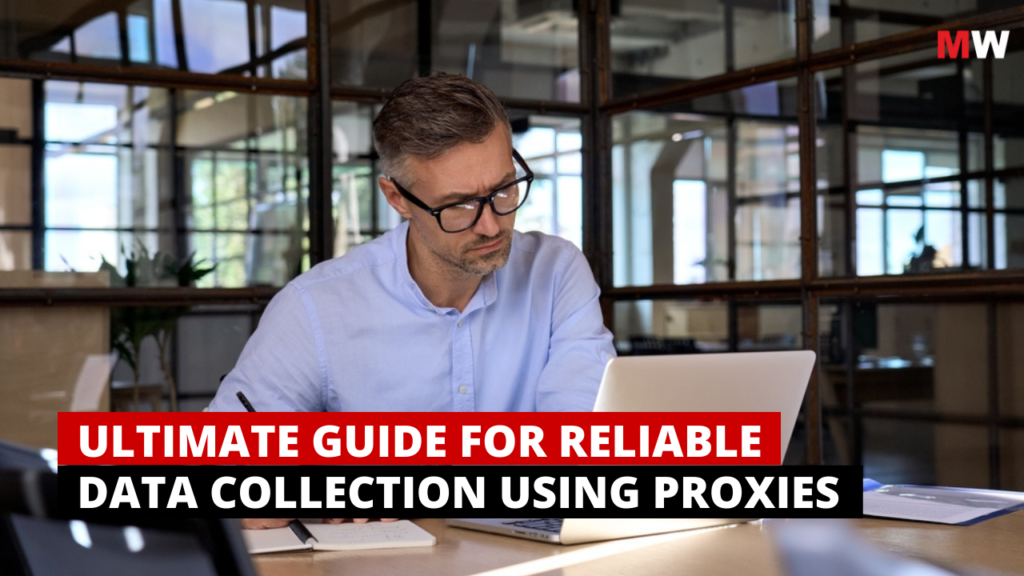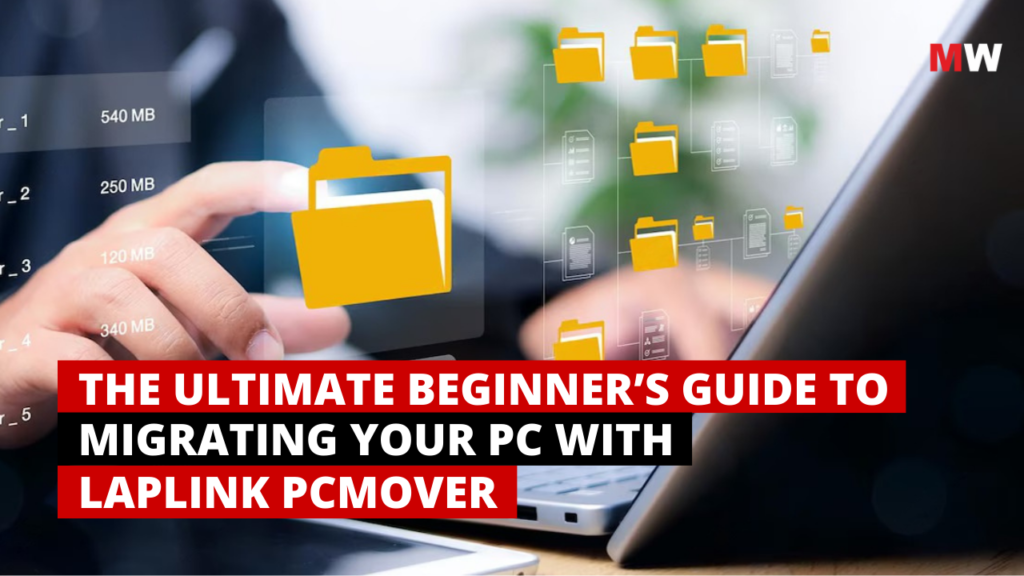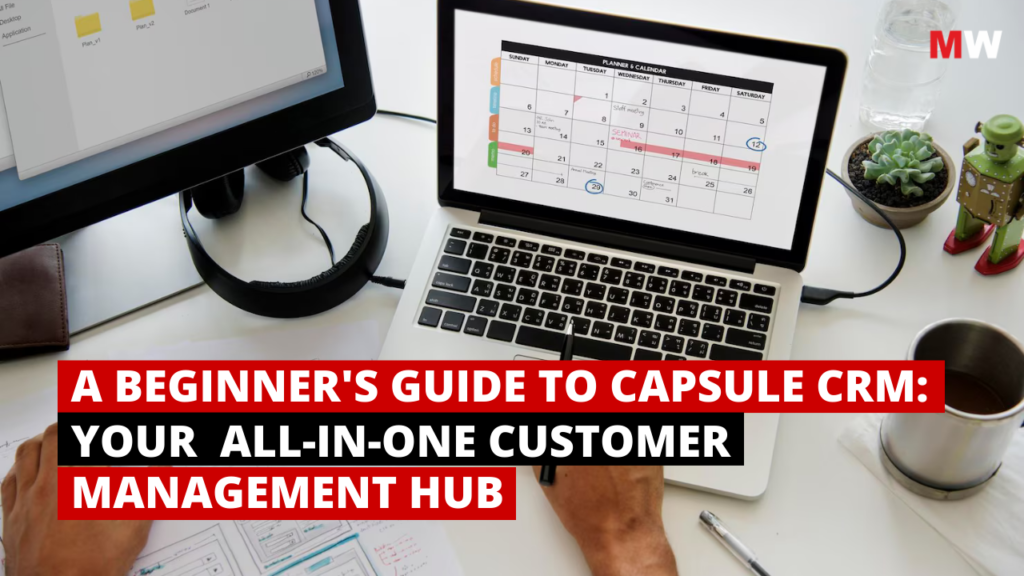Data collection is essential for analyzing trends, consumer behavior, and market dynamics, but challenges like geo-restrictions, IP blocks, and rate limits complicate access. Reliable and accurate data drives insights that shape strategies and outcomes, while ethical, regulation-compliant collection, adhering to GDPR and CCPA, avoids legal and reputational risks, making it indispensable in today’s data-driven world.
Proxies play a crucial role in overcoming these challenges. Data collection using proxies allows businesses to mask the user’s IP address to access data without the risk of being blocked or tracked. They enable high-volume scraping, bypass geo-restrictions, and ensure anonymity. Bright Data, a leading provider of proxy solutions, offers an extensive range of residential, data center, ISP and mobile proxies. Their robust platform ensures fast, reliable, and ethical data collection, making it a trusted partner for business.
In this blog, we provide the ultimate guide to help you on your data collection journey.
Understanding Data Collection : Importance, Types, and Applications
Data collection is the process of gathering, measuring, and analyzing information from various sources to gain insights and make informed decisions. It plays a critical role in numerous industries, from businesses striving to understand consumer behavior to researchers conducting scientific studies. The importance of data collection lies in its ability to provide factual evidence that supports decision-making, forecasting, and strategic planning.

Several data types are collected and categorized by accessibility and structure.
- Based on accessibility:
| Public Data | Private Data |
| It is freely accessible and often found in government publications, social media, or websites. | It requires permission and may include sensitive information such as financial records or personal details. |
- Based on structure:
| Structured Data | Unstructured Data |
| It is highly organized, typically in rows and columns, like spreadsheets or databases, making it easy to analyze. | It lacks a predefined structure, requiring advanced tools and techniques for analysis. Such data includes texts from social media posts, images, or videos. |
Data collection serves multiple purposes across industries–
- Market research helps businesses understand consumer preferences and predict trends.
- Web scraping gathers data from websites for analysis and competitive intelligence.
- Price comparison tools scrape online stores to track product prices and offer users the best deals.
Data Collection Using Proxies
A proxy is an intermediary server that acts as a gateway between a user and the internet. It allows users to access websites and online services by routing their traffic through the proxy server, which masks their original IP address. This provides anonymity and privacy by hiding the user’s location and identity.
Proxies are essential for data collection because they help bypass various restrictions, such as IP blocks, rate-limiting, and geo-restrictions, ensuring uninterrupted access to data. By using proxies, businesses and researchers can gather data at scale without facing the risk of being blocked or throttled by websites, making them crucial for activities like web scraping and competitive analysis.
Key benefits of using proxies for data collection include:
- Anonymity and Privacy– Proxies mask your IP address, ensuring that your online activity remains anonymous, which is especially important for businesses scraping data or conducting market research.
- Avoiding IP Bans and Rate-Limiting– Websites often restrict access from the same IP if too many requests are made in a short time. By rotating proxies, users can avoid detection and bypass these barriers.
- Accessing Geo-Blocked Content—Proxies allow users to access content restricted to certain regions, enabling global data collection for a more comprehensive analysis.
- Improved Success Rate in Web Scraping– By using proxies, users can send requests from multiple IP addresses, which increases the chances of successfully collecting data without interruption.
There are four main types of proxies:
| Proxy Type | Description | Key Features | Use Cases | Advantages | Disadvantages |
| Residential proxies | Proxies that route traffic through real residential IP addresses, assigned by Internet Service Providers (ISPs). | 1. Authentic IP addresses
2. Difficult to detect 3. Geolocation flexibility |
1. Web Scraping
2. Market research 3. Price comparison 4. Ad verification |
1. High anonymity
2. Less likely to be blocked 3. Ideal for geo-targeting |
1. Slower speed compared to data center proxies
2. Higher cost |
| Data Center Proxies | Proxies that come from data centers are not tied to real ISPs. These proxies are virtual and are often used for large-scale data gathering. | 1. Fast speed
2. High scalability 3. Cost-effective |
1. Web scraping
2. SEO monitoring 3. Social media automation 4. Bulk data collection |
1. High-speed connections
2. Low cost 3. Easily scalable |
1. Easier to detect by websites
2. May be blocked if overused |
| Mobile Proxies | Proxies that use mobile IPs from actual mobile devices, allowing access from a mobile network. | 1. Uses mobile network IPs
2. Access to mobile-specific data 3. Harder to block |
1. App scraping
2. Mobile data scraping 3. Location-based data collection |
1. Very hard to detect or block
2. Great for mobile-specific data |
1. Expensive
2. Slower speed compared to data center proxies |
| ISP Proxies | These are provided by Internet Service Providers. These proxies use IP addresses registered with an ISP, offering the appearance of a residential connection. | 1. Residential IP addresses
2. High anonymity 3. Reliable connection 4. Better for bypassing geo-blocks 5. Less likely to be flagged as proxies |
1. Web scraping
2. SEO and market research 3. Ad verification 4. Social media management 5. Data collection |
1. High trustworthiness
2. Bypass geo-restrictions 3. Low risk of detection 4. Speed and reliability 5. IP rotation |
1. More expensive
2. Limited availability 3. Potential latency due to residential IP addresses |
Challenges of Data Collection Without Proxies
Data collection without proxies poses several challenges that can undermine efficiency and success. IP blocking is a major issue, as repeated requests from the same IP address often lead to access denial or delays. Additionally, CAPTCHA tests are triggered to verify users as human, disrupting the process.
Geo-restrictions further complicate data collection, as websites often limit access based on geographic location. Without proxies, accessing region-specific content becomes challenging, hindering efforts to gather comprehensive global data.
Efficiency issues also arise without proxies. Without rotating IPs or distributing requests, data collection slows down, increasing interruptions and reducing success rates.
Lastly, legal and ethical concerns must be addressed. Scraping without safeguards can violate website terms or privacy regulations like GDPR and CCPA. Proxies help mask identities and enable compliant, ethical data collection.
How to Choose the Right Proxy for Data Collection
Selecting the right proxy provider is crucial to ensuring the success of your data collection efforts. Here are key criteria to consider when choosing a proxy provider:

- Reliability and Uptime– You need a proxy provider that guarantees minimal downtime, ensuring continuous access to data without disruptions. Look for providers with a track record of 99.99% uptime or higher, and dedicated support for resolving any issues quickly.
- Speed and Latency– Slow proxies can hinder the speed of data collection, especially for large-scale scraping tasks. Choose proxies that offer fast connection speeds and low latency to optimize the efficiency of data collection.
- Proxy Pool Size– A larger proxy pool means access to more IP addresses, reducing the risk of detection and bans. Select a proxy provider with a diverse and vast pool of IP addresses to rotate between, allowing for seamless data collection at scale.
- Geo-Targeting Options– Geo-restrictions can limit access to region-specific data, so you need proxies that allow targeting specific locations.
- Anonymity Features– Anonymity is essential to protect your identity and avoid detection during data collection. Prefer proxy providers that prioritize high levels of anonymity, such as residential and mobile proxies, which are harder to detect than data center proxies.
Evaluating Proxy Providers: What to Look for in a Service Like Bright Data
- Comprehensive Proxy Solutions: Bright Data offers residential, data center, ISP and mobile proxies, ensuring you have the right tool for the job.
- Advanced Features: Look for providers like Bright Data, which offer features such as session control, geo-targeting, and automated IP rotation.
- Ethical Practices and Compliance: Choose a provider that ensures compliance with legal standards, such as GDPR and CCPA, for ethical data collection.
Best Practices for Using Proxies in Data Collection

To ensure smooth and effective data collection using proxies, it’s essential to follow best practices that optimize performance and prevent detection. Here are some key practices:
1.Rotate IP Addresses to Prevent Detection and Bans
- Why it matters: Repeated requests from the same IP address can trigger detection algorithms, leading to IP bans or throttled access. Rotating IP addresses helps avoid this.
- How to do it: Use proxy providers that offer large proxy pools with automatic IP rotation. This allows you to distribute requests across different IP addresses, mimicking natural human behavior and reducing the risk of detection.
2. Use Advanced Techniques Like Session Control and User-Agent Rotation
- Why it matters: Websites often use sophisticated mechanisms to identify and block bots based on session cookies and user-agent headers. Without variation, your scraping activity can be detected.
- How to do it:
- Session control– Ensure that each session or request appears to come from a unique user, avoiding patterns that could flag your activities.
- User-agent rotation– Regularly rotate user-agent strings to simulate requests from different browsers and devices, making it harder for websites to identify automated scraping.
3. Respect the Website’s Terms of Service to Avoid Legal Issues
- Why it matters: Ignoring a website’s terms of service can lead to legal repercussions, including lawsuits or being blacklisted from accessing the site.
- How to do it: Always review the terms of service of websites you are scraping data from. Many websites explicitly prohibit automated scraping. Where possible, focus on publicly available data or obtain permission from the website owner.
4. Ensure Ethical Data Collection Practices
- Why it matters: Ethical data collection ensures that your activities do not harm the target site or violate user privacy.
- How to do it:
- Limit the amount of data you scrape at a time.
- Avoid scraping sensitive or personal data.
- Comply with privacy regulations like GDPR and CCPA to protect the rights of individuals whose data you may be collecting.
5. Limit the Frequency and Volume of Requests to Avoid Overloading Target Sites
- Why it matters: Making too many requests too quickly can overload a website’s server, causing disruptions to its normal operation and potentially blocking your IP.
- How to do it: Use proxies with rate-limiting features to control how often you make requests. Schedule scraping activities during off-peak hours to avoid heavy traffic times and reduce the risk of detection.
By following these best practices, you can ensure that your data collection efforts are efficient, ethical, and sustainable while avoiding common pitfalls like detection, legal issues, or harming the target sites.
How Bright Data Can Help Ensure Reliable Data Collection
Bright Data offers a comprehensive range of proxy solutions tailored to meet a variety of data collection needs. Their offerings include Residential, Mobile, Data Center, and ISP proxies, each providing unique benefits for different types of tasks.

- Residential Proxies: These proxies use real IP addresses from actual residential devices, making them ideal for tasks requiring high anonymity and bypassing geo-restrictions. They are perfect for web scraping, market research, price monitoring, and ensuring access to local content.
- Mobile Proxies: These proxies use IPs from mobile networks, which are ideal for collecting mobile-specific data, app scraping, and location-based data. Mobile proxies offer added flexibility and security, particularly useful for gathering data from mobile apps or websites with mobile-specific content.
- Data Center Proxies: Fast and cost-effective, these proxies are excellent for bulk data collection and SEO monitoring. However, they can be more easily detected by websites, so they are best suited for non-sensitive tasks or when speed and cost-efficiency are more critical than anonymity.
- ISP Proxies: ISP proxies combine the best features of residential and data center proxies. They offer real IP addresses from data centers, providing the speed and scalability of data center proxies while maintaining a level of authenticity and reliability that’s closer to residential proxies. ISP proxies are ideal for high-volume data scraping and when access to geographically restricted content is needed without compromising on speed or detection risk.
These diverse proxy solutions from Bright Data ensure businesses have access to the right tool for efficient, scalable, and ethical data collection across various industries.
Conclusion
Proxies play a vital role in ensuring reliable data collection by enabling anonymity, bypassing geo-restrictions, and preventing IP bans. Whether you are engaged in web scraping, competitive analysis, or market research, proxies help overcome the common challenges of restricted access, slow speeds, and detection risks. By rotating IP addresses, masking user identity, and providing diverse options like Residential, Mobile, Data Center, and ISP proxies, proxies ensure that data gathering remains uninterrupted and efficient.
Bright Data offers a comprehensive suite of proxy solutions that address these challenges, enabling businesses to gather data at scale, with precision, and in compliance with legal frameworks. With Bright Data’s high-speed performance, advanced targeting features, and robust security, you can streamline your data collection efforts and achieve more accurate insights.
Explore Bright Data services today to elevate your data collection strategy and ensure you have the right tools for reliable, ethical, and scalable data gathering.
Unlock the full potential of your business with Mavenwit. Let Mavenwit guide your business toward success– get started today.
FAQs
- What are proxies, and why are they important for data collection?
Proxies act as intermediaries between your device and the internet, masking your IP address. They are important for data collection because they allow you to bypass restrictions, avoid IP blocks, and maintain anonymity while scraping or gathering data online.
- What types of proxies does Bright Data offer?
Bright Data offers four main types of proxies: Residential Proxies, Mobile Proxies, Data Center Proxies, and ISP Proxies. Each is designed to meet different data collection needs, from high anonymity and geo-targeting to high-speed, bulk data scraping.
- How do residential proxies differ from data center proxies?
Residential proxies use real IP addresses from actual devices, providing higher anonymity and making them harder to detect. Data center proxies, on the other hand, come from data centers and are faster and more cost-effective but are more easily detected by websites.
- Can Bright Data’s proxies help me bypass geo-restrictions?
Yes, Bright Data’s proxies offer geo-targeting options, allowing you to access content that is restricted to specific geographic locations. This feature is useful for global data collection, market research, and accessing localized content.
- How can I ensure ethical data collection with proxies?
To ensure ethical data collection, it’s important to respect a website’s terms of service, limit the frequency of requests, avoid scraping personal or sensitive data, and comply with legal regulations like GDPR and CCPA. Bright Data provides tools like session control and user-agent rotation to help maintain ethical practices.
- How does Bright Data ensure high-speed data collection?
Bright Data’s proxies are designed for high-speed performance, offering fast connection speeds and low latency. With a large proxy pool, automatic IP rotation, and advanced features, Bright Data enables efficient and scalable data collection for both large and small-scale projects.








